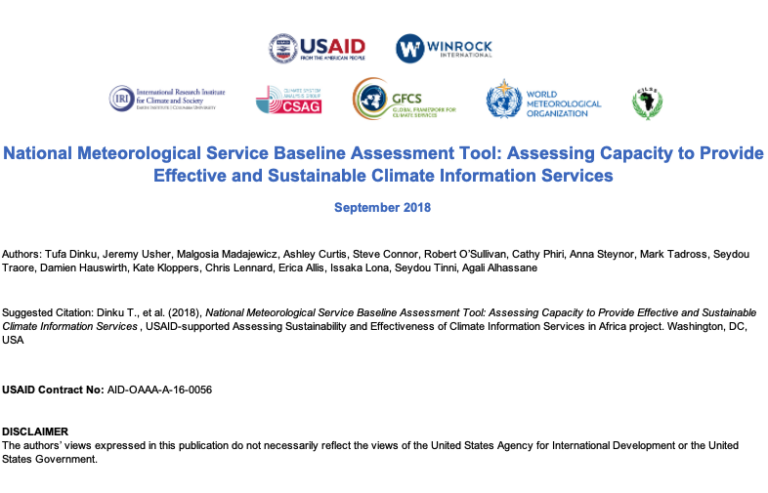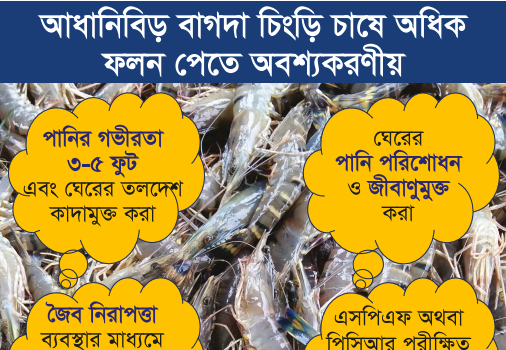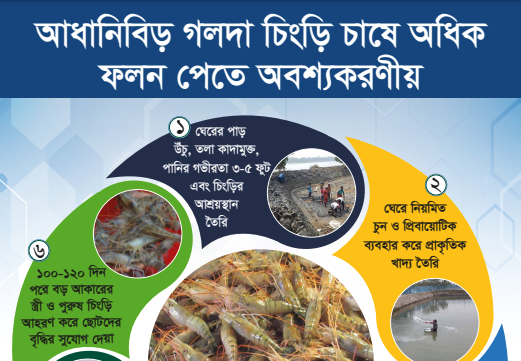Resources
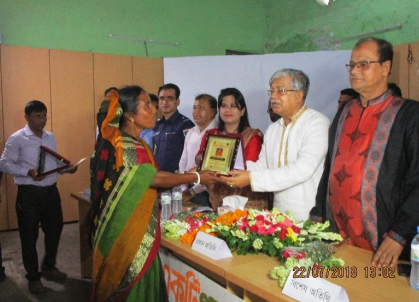
SAFETI Supported Farming Family wins “Best Women Shrimp Farmer” award
SAFETI Semi Intensive Shrimp farmer Ms Zarna Mondal received “Best Women Shrimp Farmer” award Dumuria Upazila of Khulna District on July 22 during National Fish Week – 2018. Zarna Mondal and her husband Bigon Bahary Mondal are shrimp farmers from Kodomtola village of Dumuria Upazila, Khulna. This farming family has been producing shrimp for the […]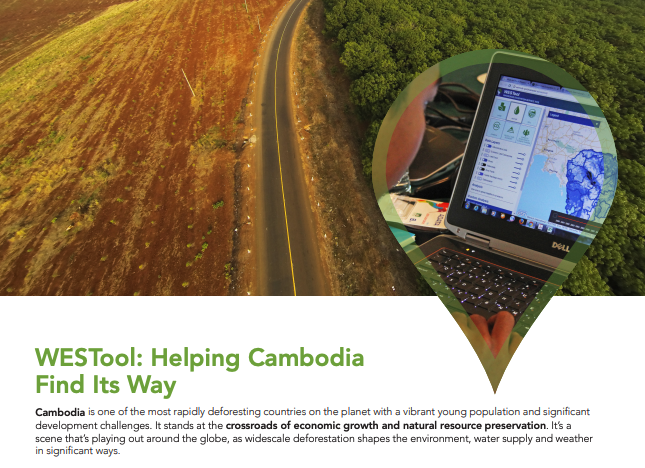
WESTool – Helping Cambodia Find its Way
Cambodia is one of the most rapidly deforesting countries on the planet with a vibrant young population and significant development challenges. It stands at the crossroads of economic growth and natural resource preservation. It’s a scene that’s playing out around the globe, as widescale deforestation shapes the environment, water supply and weather in significant ways.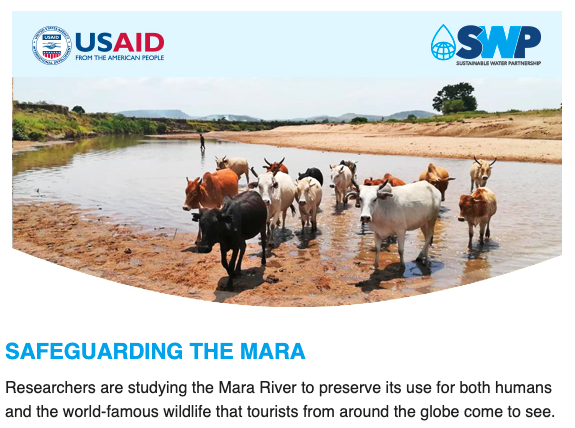
March 2019 SWP Newsletter
Researchers are studying the Mara River to preserve its use for both humans and the world-famous wildlife that tourists from around the globe come to see. But conducting research here also means making sure the animals don’t get too close for comfort. In This Issue – Safeguarding the Mara – SWP Boosts Stalled Effort to […]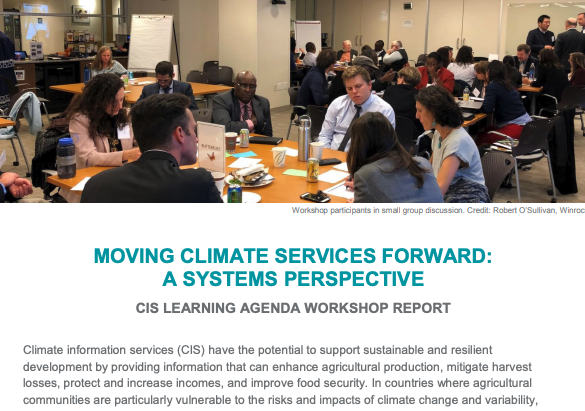
Moving Climate Services Forward: A Systems Perspective
Climate information services (CIS) have the potential to support sustainable and resilient development by providing information that can enhance agricultural production, mitigate harvest losses, protect and increase incomes, and improve food security. In countries where agricultural communities are particularly vulnerable to the risks and impacts of climate change and variability, National Meteorological and Hydrological Services […]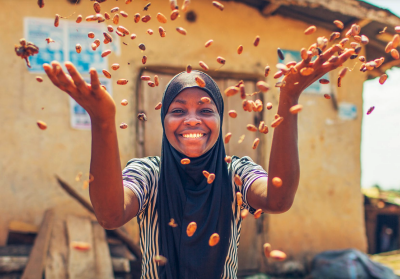
2017 Annual Report
A Letter From The President I can’t help but see the work of Winrock in these advances. Winrock has made significant contributions over the course of our history to the improved social and environmental conditions on display around the world. We have helped spread agricultural success. We have brought energy to the places in the […]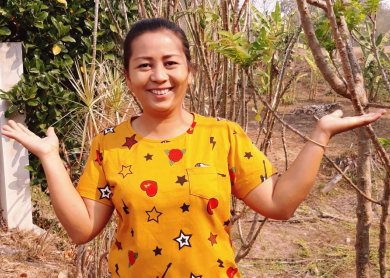
International Women’s Day 2019
In honor of International Women’s Day 2019, USAID Thailand Counter Trafficking in Persons (USAID Thailand CTIP) and its partner, The Freedom Story, share the story of Ma Win Yee, a 32-year old Burmese woman who has created an organization for migrants, by migrants that provides various support and advocates for the right to education for […]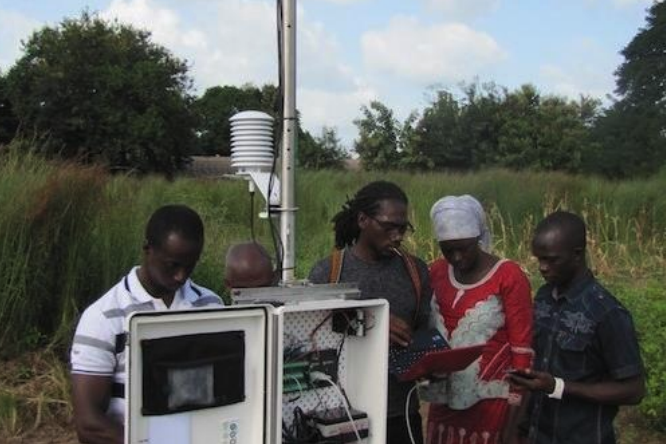
National Meteorological and Hydrological Service (NMHS) Financial Planning Tool: User Manual
This report is made possible by the generous support of the American people through the United States Agency for International Development (USAID). The contents of this report are the sole responsibility of its authors and do not necessarily reflect the views of USAID or the United States government.